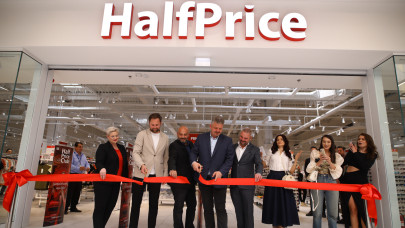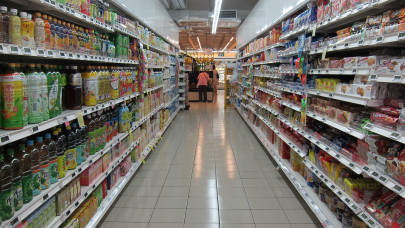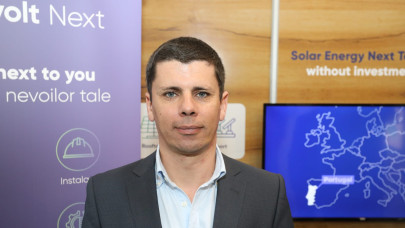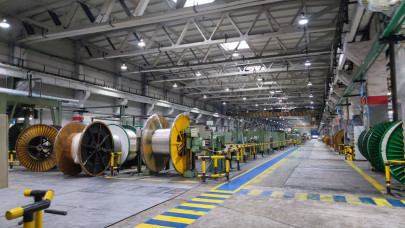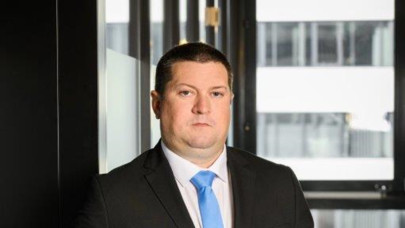As part of the ongoing modernization of its airfreight fleet, DHL Express will be initiating the deployment of eight new Boeing 777 freighters. With an expected growth of 8.8% in 2024, worldwide e-commerce remains a driving force for volume growth while B2B shipment volume is gradually recovering. Despite ongoing uncertainties in the overall global economy, the company is adding aviation capacity and expanding its international parcel sorting and delivery network to ensure a successful peak for customers.
“DHL Express is committed to remaining the partner of choice during the busy end-of-year peak season, which is often the most commercially important and operationally challenging time for many of our customers,” says John Pearson, CEO at DHL Express. “Our flexible international network combines high quality service and reliable access to capacity, which allows businesses to react in real-time to changes in consumer demand, supplemented by digital tools that help them to improve the customer experience and optimize pick-up and final mile delivery. With ongoing volatility in global freight markets and a continued strong flow of e-commerce volumes, we are expecting a healthy surge in demand for express services in the fourth quarter. We are making the necessary investments to maximize the resilience of our global network and make our customers successful during a demanding 2024 peak.”
Investment in aviation capacity and more fuel-efficient aircraft
DHL's investment in its aviation capacity in the fourth quarter of 2024 includes the introduction of additional large and medium wide body aircraft and supplementary flights with existing aircraft, particularly on intercontinental routes. The company expects a high-level volume increase in particular on the China outbound lane to the rest of the world during the upcoming peak season.
The company is investing in eight new Boeing 777 freight aircraft on trans-Pacific and intercontinental routes between Asia and Europe, boosting capacity on these key lanes and continuing DHL's transition to lower-emission transportation with newer, more fuel-efficient aircraft. The company has also invested in additional handling and sorting capacity in its ground network, including in its aviation facilities in e.g. Copenhagen, Cologne, Paris, Atlanta, Brussels and East Midlands (UK) to allow for more flexible flying schedules and the ability to reroute cargo in the event of heavy demand or supply chain disruption.
Alongside these investments in capacity, DHL Express remains focused on its longer-term commitment to provide emission reduced delivery services. In addition to efforts replacing its global aircraft fleet and designing new buildings carbon-neutral, DHL Express was the first global express courier to give customers the opportunity to reduce the greenhouse gas (CHG) emissions using DHL GoGreen Plus Services. Through cooperation with partners such as World Energy and Nestle, SAF (Sustainable Aviation Fuel) is used proportionately in the DHL Express aircraft fleet to reduce CO2e emissions. Based on the “book and claim” approach, the reductions achieved (Scope 3) are passed on to customers in the form of certificates.
E-commerce remains growth driver
Next to a continued gradual B2B shipment volume recovery, DHL Express expects e-commerce to remain a driving force behind the increase in volumes on intercontinental lanes between Asia Pacific, Europe, and the Americas. Although the numbers have realigned with pre-pandemic forecasts, worldwide e-commerce sales are expected to grow by 8.8% in 2024 and continue to grow as a share of total retail sales. E-commerce continues to be a vital and growing sector of the global economy. Current challenges like geopolitical tensions and trade barriers have led to the need for reorganizing supply chains, but they have not restricted the sector's inherent dynamism.


